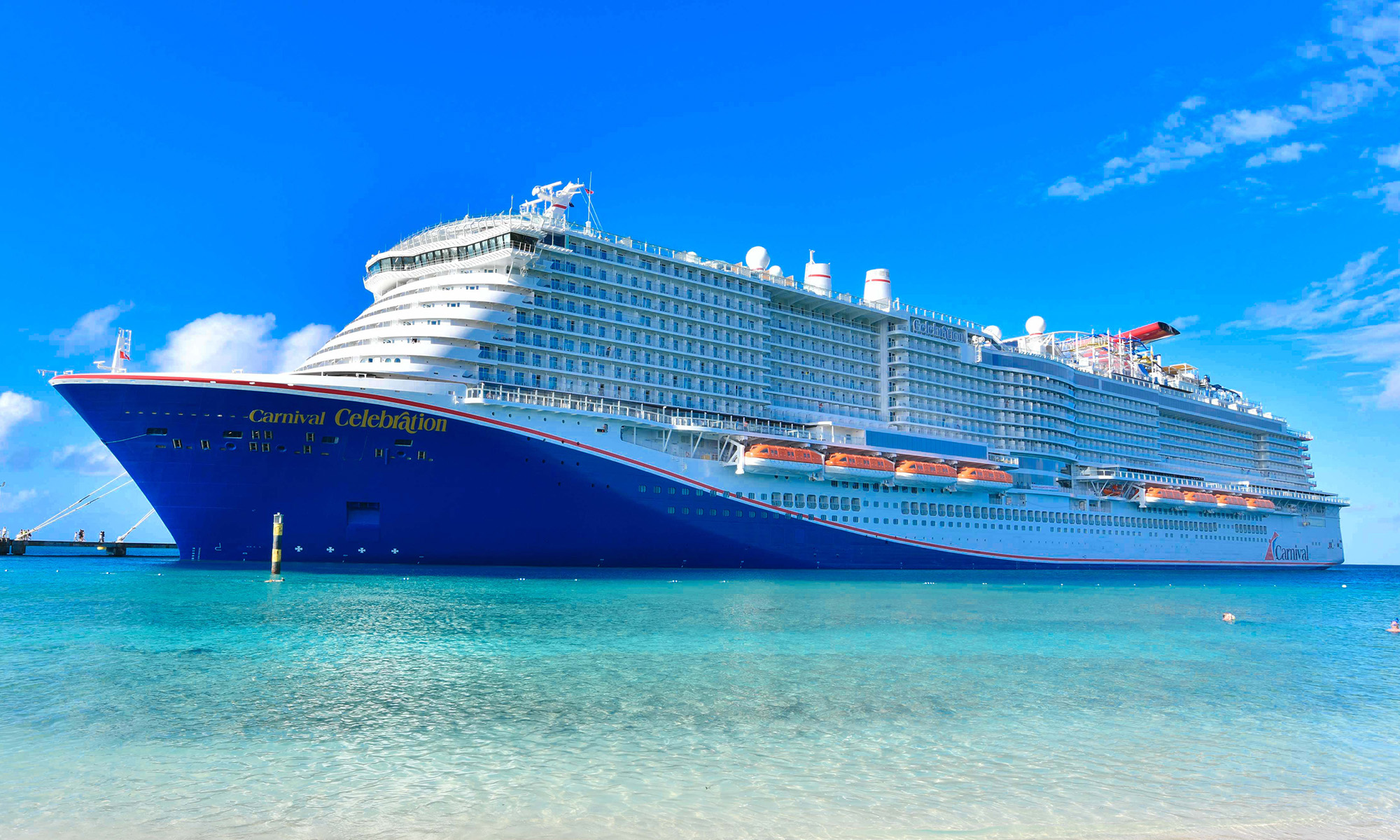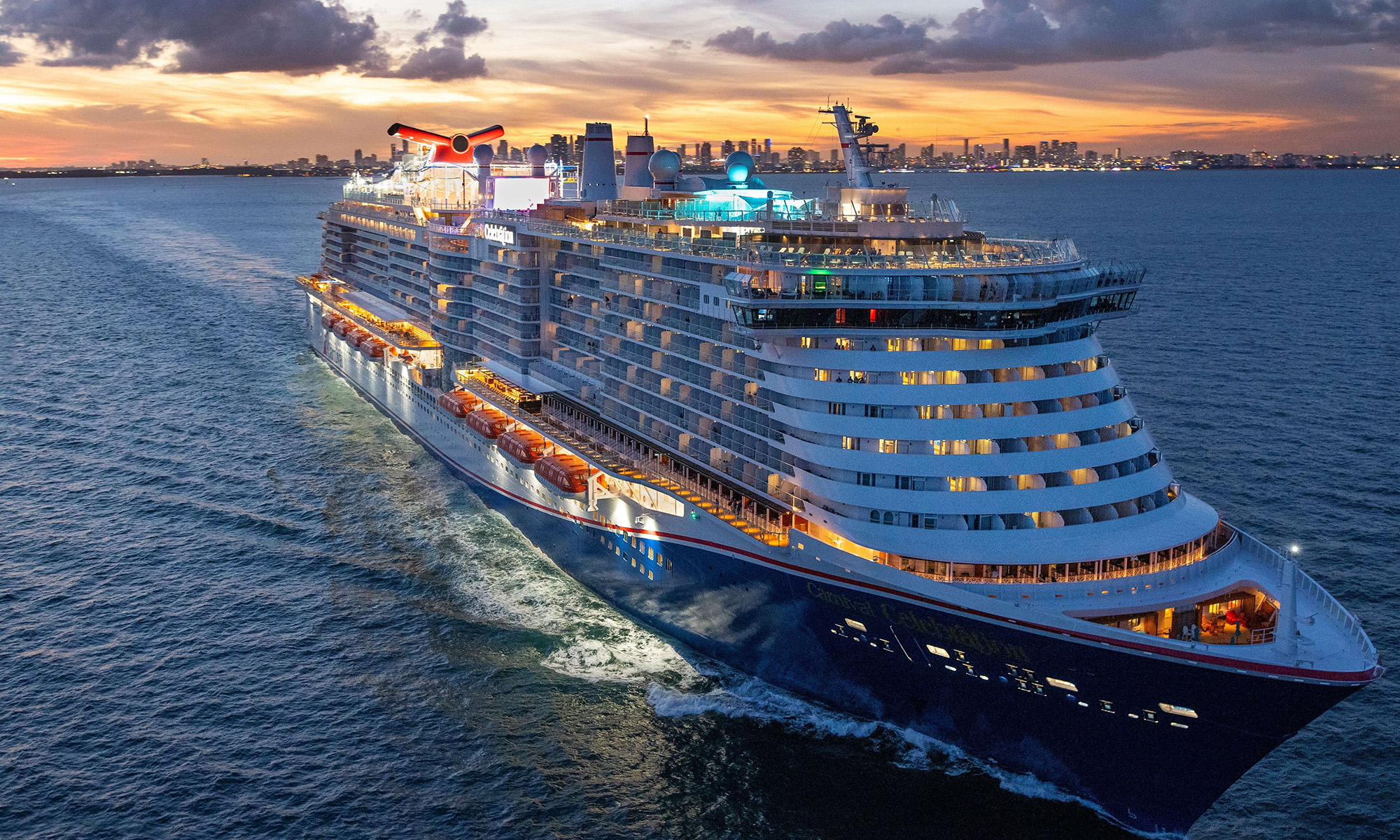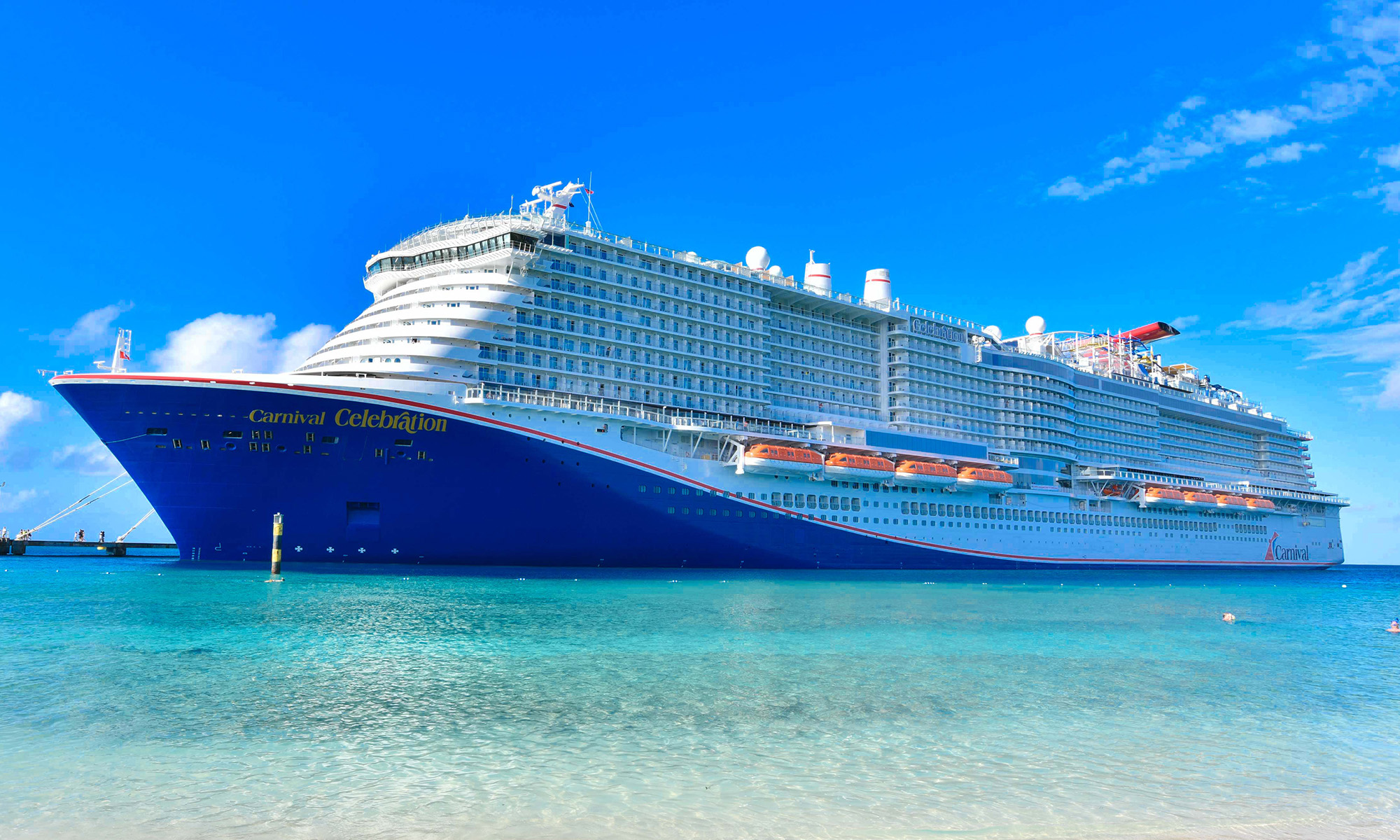Carnival (CCL +0.47%) has been hit hard by the coronavirus pandemic. The company has had to cease all cruise operations and while it plans to reopen most of its brands in mid-April, that date seems much more like a wish than a reality.
Shares in the company have dropped dramatically as investors wonder whether the company will be able to make a comeback. It's a huge reversal for the once strong brand that perhaps creates a buying opportunity.

Carnival has suspended its operations. image source: Carnival.
How bad has it gotten for Carnival?
Shares of the cruise line were trading at $12.66 as of 10:30 a.m. on March 20. That's a drop of over $44 a share from its 52-week high of $57.33.
It's easy to see why shares have fallen. Carnival has not only had to cancel all of its cruises for who knows how long, it has also had to issue refunds for customers who request one. Of course, it hopes that customers will ask for credit toward a future cruise instead of getting cash back, but for canceled cruises, its customers can opt for either.
That means that while the flow of money coming in has likely slowed to a trickle (some people are presumably booking future cruises), the amount of cash going out has accelerated. The company is managing this at least in part by borrowing more money.
Carnival has given notice to its lenders that it intends to borrow approximately $3 billion for six months. This move means that the company will have fully drawn down on a five-year revolving credit agreement that it already had in place to temporarily fund operations (officially called a Facility Agreement), according to a press release.
"The Corporation borrowed under the Facility Agreement in order to increase its cash position and preserve financial flexibility in light of current uncertainty in the global markets resulting from the COVID-19 outbreak," the company noted. "The proceeds from the Facility Agreement borrowings will be available to be used for working capital, general corporate or other purposes."
That $3 billion would equal the company's net income in 2019 when it earned $4.32 per adjusted share ($3 billion), a slight drop from $3.2 billion in the previous year. The company had $4.2 billion in expenses in its most recent quarter, but some of that (like the roughly $600 million it spent on food and fuel) will drop given that it's not operating.
Carnival closed 2019 with roughly $2 billion in cash or equivalents on hand and another $1 billion or so in other assets. The cruise line had a little over $9 billion in long-term debt at the close of 2019 and it paid out a $0.50 per-share dividend on March 13, though it has not announced whether it will suspend future dividend payments.
Is Carnival a buy?
Carnival has the cash available to make it through a few months -- longer if it lays people off and further tightens its belt. It likely also has the ability to borrow more money as it has considerable physical assets to secure loans against.
That leaves the question of whether the stock is a buy to a determination of whether you believe that customers will come back. As a frequent cruiser, I tend to believe they will once it's clearly safe.
It's impossible to know when that will be and the first cruises may be sparsely attended compared to normal. Carnival has also been aggressive in getting past customers to come back (I have only been on two cruises with the company and I am getting offered significant discounts on cruises that are well in the future. Normally my gambling rating with Carnival only gets me that type of offer for cruises sailing within a few weeks with much more modest discounts for far-off bookings).
Carnival has a loyal customer base that will come back quickly. When the greater public sees that cruising is safe, they will book cruises assuming they did not experience financial hardship during the coronavirus pandemic.
This won't be a quick recovery for Carnival. The company will be offering discounts (and comps to loyal customers/gamblers who rate them) and filling cabins with people booking using credit. It's going to post a huge loss in the upcoming quarter (though the company has not given any specific guidance) and it may struggle to make money in the following quarter as well.
After that, however, I do believe that profits will return, debt will be repaid, and a new normal will settle in. That could include a dividend cut or suspension, but if you have a long-range (think five years or more) investment horizon, the company is a buy.






